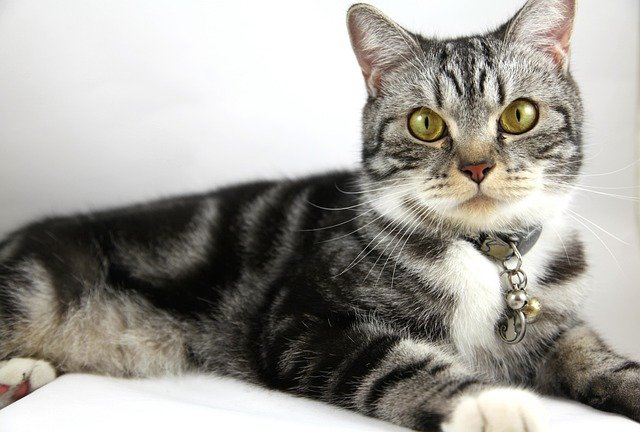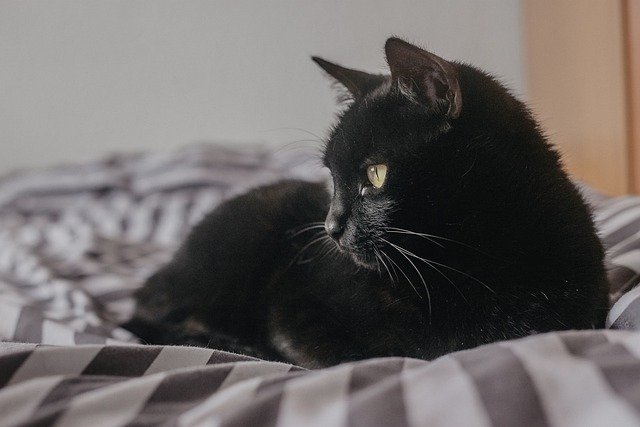Cats, those enigmatic creatures that grace our homes with their presence, often exhibit quirky behaviors and preferences when it comes to food. As responsible pet owners, it’s essential to ensure that our feline friends are receiving a balanced and healthy diet. When it comes to human foods, curiosity often arises about what is safe for our cats to consume. One such food that sparks curiosity is the tomato. So, can cats eat tomatoes?
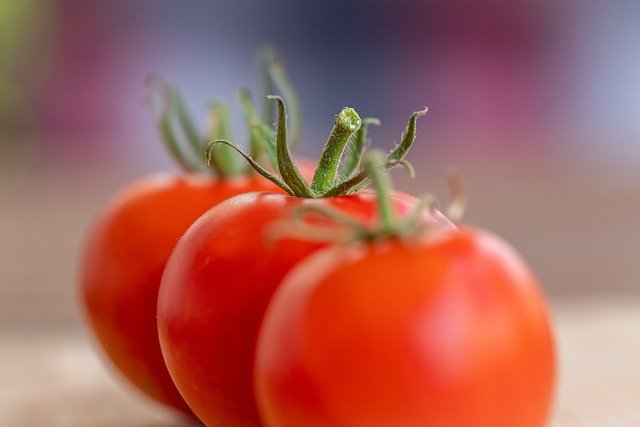
Yes, cats can technically eat tomatoes. They are not considered toxic to cats in small amounts. However, there are some considerations to keep in mind before you toss a cherry tomato to your feline companion.
Nutritional Value of Tomatoes:
Tomatoes are a rich source of vitamins and nutrients for humans, packed with vitamin C, potassium, folate, and antioxidants. However, cats have different dietary requirements than humans. Their bodies are designed to derive nutrition primarily from animal protein, making them obligate carnivores. This means that while they can derive some nutrients from plant sources, they require meat-based proteins to thrive.
The Risks of Feeding Tomatoes to Cats:
While tomatoes are not toxic to cats, there are still risks associated with feeding them to your feline friend:
- Solanine Content: Tomatoes, along with other members of the nightshade family like potatoes, contain solanine and tomatine, which can be harmful to cats in large quantities. These compounds are primarily found in the stems and leaves of the tomato plant rather than in the fruit itself. However, it’s essential to ensure that only ripe tomatoes are offered to cats, as unripe tomatoes contain higher levels of these toxins.
- Digestive Upset: The acidic nature of tomatoes can cause gastrointestinal upset in some cats, leading to symptoms like vomiting, diarrhea, or abdominal discomfort. Additionally, some cats may have allergic reactions to tomatoes, experiencing symptoms such as itching, swelling, or respiratory issues.
- Obesity and Pancreatitis: Tomatoes are relatively low in calories, but they still contain sugars and carbohydrates. Feeding your cat too many tomatoes or tomato-based products can contribute to weight gain, obesity, and even pancreatitis, a serious inflammation of the pancreas.
Moderation is The Key:
If you decide to offer your cat tomatoes as an occasional treat, it’s crucial to do so in moderation. A small piece of ripe, fresh tomato is unlikely to cause harm to most cats. However, it’s best to remove any stems, leaves, or green parts, as these contain higher levels of toxins.
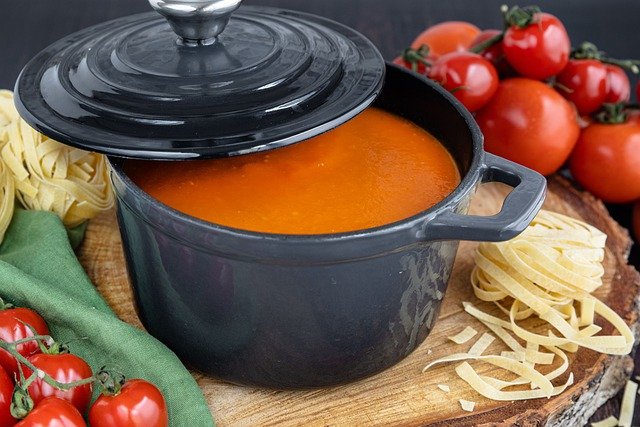
Alternatives to Tomatoes:
While tomatoes can be safely included in your cat’s diet in small amounts, there are other, more nutritionally appropriate treats you can offer your feline companion. Commercial cat treats specifically formulated for cats are a safe option, as they are designed to meet their dietary needs. Additionally, small pieces of cooked meat, such as chicken or turkey, make excellent treats for cats and provide them with the protein they require.
Can Cat Eat Tomato Sauces:
Feeding tomato sauce to cats is generally not recommended. While tomatoes themselves are not toxic to cats in small amounts, tomato sauce often contains other ingredients that can be harmful to felines.
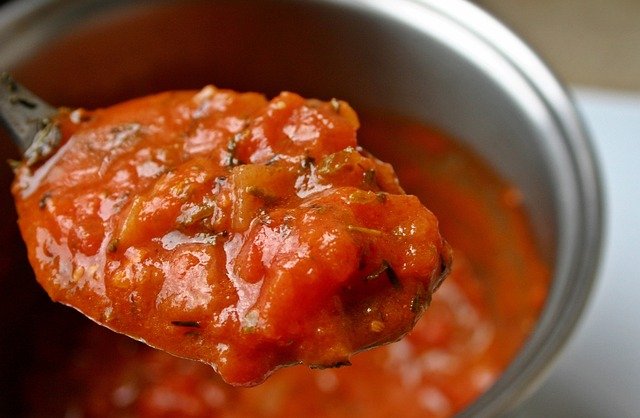
- Onion and Garlic Content: Many tomato sauces contain ingredients like onion and garlic, which are toxic to cats. These ingredients can cause damage to a cat’s red blood cells, leading to conditions like hemolytic anemia.
- High Sodium Content: Tomato sauce often contains high levels of sodium, which can be harmful to cats, leading to issues like dehydration, electrolyte imbalances, and kidney problems.
- Spices and Seasonings: Some tomato sauces may contain spices or seasonings that could upset a cat’s stomach or cause allergic reactions.
- Added Sugars: Certain varieties of tomato sauce may contain added sugars or sweeteners, which can contribute to weight gain, obesity, and dental problems in cats.
In conclusion, while cats can technically eat tomatoes, they should be considered an occasional treat rather than a regular part of their diet. It’s essential to offer them in moderation and to monitor your cat for any adverse reactions. As always, if you have any concerns about your cat’s diet or health, it’s best to consult with your veterinarian for personalized advice and recommendations. By understanding your cat’s nutritional needs and making informed choices about their diet, you can help ensure that they lead a happy, healthy life.

